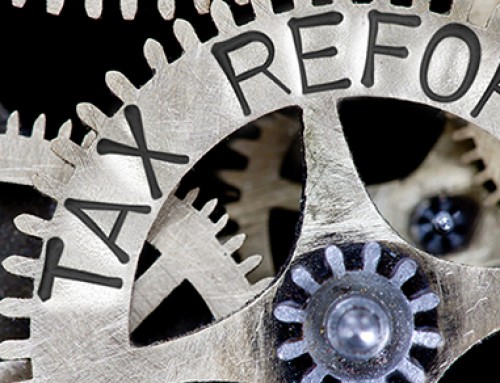Did you buy property for your business in 2013? Sell stocks or mutual funds? Receive an inheritance? In all of these events, your total investment in the property – known as basis – can affect your tax return.
For instance, say you purchased a copy machine for your business during 2013. The amount of depreciation you can deduct depends, in part, on your basis. In this case, basis can also affect future year returns, since depreciation may be spread over the life of the equipment. If you sell the copier before it’s fully depreciated, the remaining basis affects the gain or loss reported on your return. Thinking of trading an older machine for the new one? Remaining basis of the trade-in will help determine the basis of the new machine.
As you can tell, basis is important. So how do you establish it? The answer depends on the type of property and how it was acquired.
Business Assets — The basis of assets such as a copy machine is usually what you paid, including sales tax and freight, less any tax credits taken.
Stocks and Mutual Funds ―The basis of stocks you purchase is your cost, plus commissions. Mutual fund basis can be more difficult to calculate. Because you report dividend or capital gains reinvestments in additional shares as income, those items increase your basis. Recent tax law changes require your broker to provide basis information on the annual statement sent to you each year.
Inherited Property — Property you inherit is typically valued at the date of death or six months later. This amount, which is reported to you by the personal representative, is the basis you’ll use when you sell or otherwise dispose of the property.
Other rules apply to the determination of basis in situations such as casualty losses, home sales, and gifting. For help with basis determination or other tax matters, please contact your tax professional.








Leave A Comment